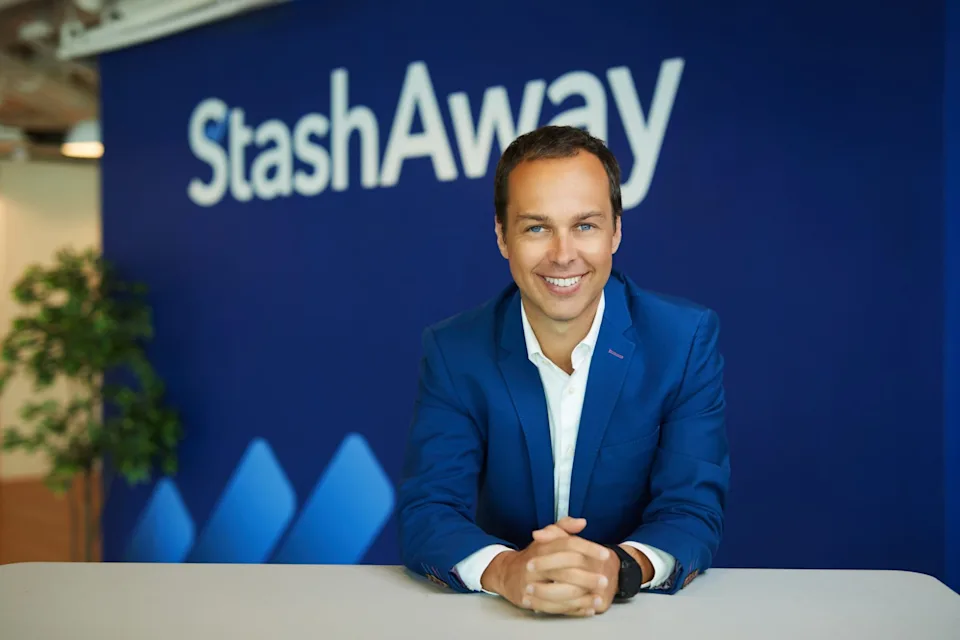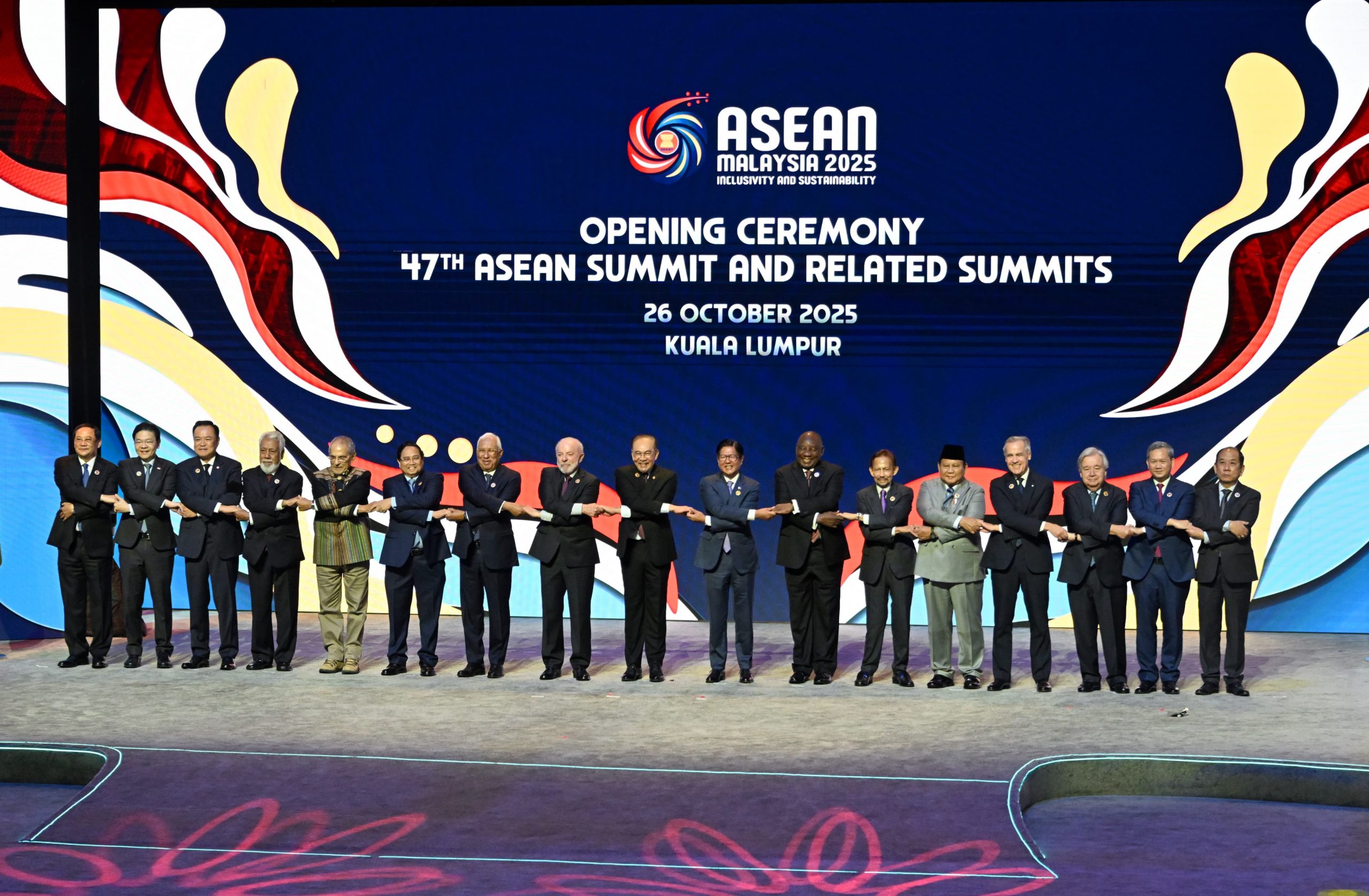In our latest feature on Gulf–ASEAN Exchange, Taqua shares how missteps become million-dollar mistakes, what true belonging looks like, and why the future of global business will require cultural fluency alongside digital fluency.

Photo by Taqua Malik
A European client once arrived in Dubai convinced they were ready. Contracts were watertight. Products were market-tested. Expansion plans seemed flawless.
Weeks later, nothing had moved. Meetings were long, filled with stories, laughter, pauses, and what they thought was “small talk.” To them, time was slipping away. To their Gulf counterparts, trust was being tested.
The client eventually learned what many companies fail to understand: in the Middle East, relationships come before revenue. Without trust, contracts are meaningless.
This is the world Taqua Malik has dedicated her life to explaining. As founder of Freedomvisory and named a Global Rising Leader in 2024, she believes the Gulf is not a market to be conquered, but a culture to be understood .
Taqua’s understanding of cultural nuance did not begin in boardrooms. It began in childhood. Growing up between cultures, she saw how a greeting, a choice of words, or the rhythm of conversation could open doors or quietly close them.
Later, she watched companies enter the Gulf armed with capital and ambition, only to collapse because they underestimated culture. “I knew this wasn’t a lack of capability,” she recalls. “It was a lack of guidance. Freedomvisory was born from that conviction.”
Recognition as a global leader pushed her further. “Recognition is not just a milestone, it is a platform. Cultural intelligence must be a core business discipline.”
One fashion house launched a campaign that ignored religious sensitivities. The fallout was swift and brutal. “Had they embedded cultural review into their process, the outcome could have been cultural resonance instead of crisis,” Taqua says.
Or consider the investor meetings where reputation outweighs regulation. “Capital flows to trust. Cultural intelligence reduces reputational risk, accelerates deal-making, and strengthens confidence.”
Cultural fluency, in Taqua’s terms, is not etiquette or translation. It is the ability to anticipate unspoken expectations, adjust in real time, and create partnerships that endure .
Taqua straddles two identities: strategist and cultural advocate. She sees them as inseparable. “Business precision without cultural respect is ineffective. Cultural respect without strategy lacks impact. My role is to integrate both.”
It is this balance that gives her unique authority as the UAE International Partner for the G20’s World Business Angels Investment Forum. There, she has seen first-hand that investors seek cultural assurance that their partners can navigate the Gulf without risk.
Belonging means executives present in majlis conversations. Campaigns reflecting local values. Clients seeing a foreign entrant as a trusted partner.
In Taqua’s vision, the future of global business will embed cultural risk assessments beside financial reports. Leaders will be trained in cultural fluency as much as digital fluency. Those who fail to adapt will struggle to scale.
She is particularly energised by working with startups and SMEs. Their agility allows them to embed cultural intelligence early, often turning “lightbulb moments” into competitive advantage.
Taqua is open about her own early missteps. She once pushed too hard for efficiency in a client meeting, not realising that space was needed for relationship-building. “I learned that in the Gulf, patience is not delay. Patience is respect.”
That humility shapes her work today.
What drives Taqua is simple. “For too long, Middle Eastern culture has been oversimplified, misunderstood, or reduced to a checklist. What inspires me is showing the richness, generosity, and wisdom the region has always offered.”
This is not about closing contracts faster. It is about expanding the way business leaders see the world.
The Gulf–ASEAN corridor is accelerating. But speed without sensitivity leads to failure. Taqua’s work is a reminder that success comes from entering with respect, patience, and fluency.
The Gulf–ASEAN Exchange has partnered with Taqua to develop The GCC Cultural Etiquette and Business Intelligence Capability Development Programme, featuring a series of webinars leading up to a Cultural Accelerator.
👉 Click here to learn more and register.
Who should attend?
For those ready to thrive in the Gulf, this programme is the foundation for sustainable success.

StashAway’s entry into the UAE isn’t just a business expansion. It reflects a shift in how wealth is being understood in the region.

The 47th ASEAN Summit in Kuala Lumpur from 26–28 October 2025 marked a pivotal moment for Southeast Asia. With East Timor’s historic entry as ASEAN’s 11th member, an upgraded ASEAN-China Free Trade Agreement, and renewed engagement from major powers, the summit reflected both opportunity and strain. The question now is whether ASEAN’s long-standing unity can hold amid global polarisation and rising protectionism.

First Abu Dhabi Bank (FAB) is deepening its role as the financial bridge between the Gulf and Asia. At the second edition of the Middle East–Asia Summit in Singapore, FAB convened over 250 policymakers, investors, and business leaders to discuss how trade, innovation, and sustainability can shape a new era of cross-regional growth.